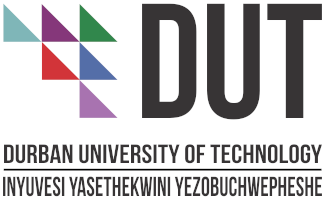The Ubuntu Principle in the Internal and Foreign Policy of South Africa
DOI:
https://doi.org/10.51415/ajims.v5i1.1161Keywords:
South Africa, BRICS, Ubuntu, African renaissance, public diplomacyAbstract
This article discusses the peculiar features of South Africa’s foreign policy, which became the fifth member of BRICS in 2011. The decision for South Africa’s accession to BRICS was based on the principles of the country's foreign policy; facilitating the establishment of a multipolar, just, and equitable world order, striving for the development and prosperity of Africa. The focus is on the notion of Ubuntu and the formation of foreign policy in South Africa since the 90s of the 20th century. Ubuntu is one of the basic philosophical concepts and organizational principles of the Bantu-speaking people of Africa. After the fall of the apartheid regime in South Africa and the democratic transformation undertaken in 1994, the philosophy of Ubuntu was adopted by the leaders of the country and became an instrument regulating public life, became a regular fixture of domestic public policy as well as firmly entrenching itself as one of the key principles of foreign policy. The purpose of this paper is to determine when the philosophy of Ubuntu became part of the political landscape of South Africa, to establish the degree of this concept’s influence on the external and internal political rhetoric, and to determine the tools for the dissemination of Ubuntu by the government of South Africa. The scientific novelty consists in a comprehensive analysis of state documents and their study with reference to content on the Ubuntu concept. Earlier, such an analysis has not been introduced into the scientific study of our country. The conclusions reached by the author assert a high degree of integration of the concept of Ubuntu in the strategic course of the South Africa's policy.
Downloads
Downloads
- PDF 349 Downloads






